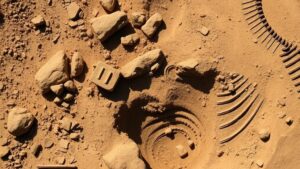How to Use Copernic Agent and Other Tools for Treasure Research
Using Copernic Agent and Other Tools for Treasure Research
The quest for treasure has captivated humanity for centuries, often becoming a blend of history, adventure, and the quest for knowledge. In the modern era, researchers and treasure hunters alike can leverage advanced tools and software to elevate their efforts. One such tool is Copernic Agent, a powerful web research software that facilitates the collection and organization of information across various domains. This article discusses how to effectively use Copernic Agent and other resources for treasure research, illustrating practical applications and providing actionable insights.
Understanding Copernic Agent
Copernic Agent is a desktop application designed to assist users in gathering information from the web. By utilizing a customizable agent-based approach, it retrieves data from multiple sources simultaneously. This tool is particularly valuable in treasure research, where diverse sources often need to be scanned for the most accurate and comprehensive information.
Setting Up Copernic Agent
To commence research with Copernic Agent, users must first download and install the software from the official website. set-up process includes the following steps:
- Download the program from the Copernic website.
- Install the application following the on-screen instructions.
- Create a user account to enable full access to the agent functionalities.
After installation, users can configure agents to gather specific types of information related to their treasure research.
Creating Research Agents
Copernic Agent allows users to create customized agents that can search specified websites or databases. When conducting treasure research, these agents can be tailored to follow certain topics or keywords relevant to historic finds or archaeological studies.


